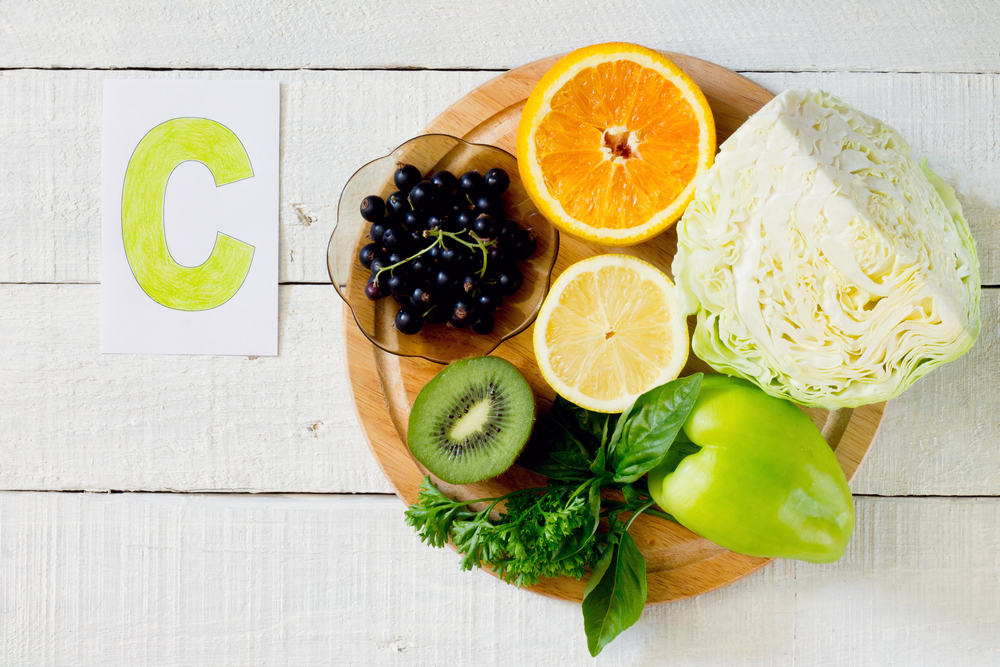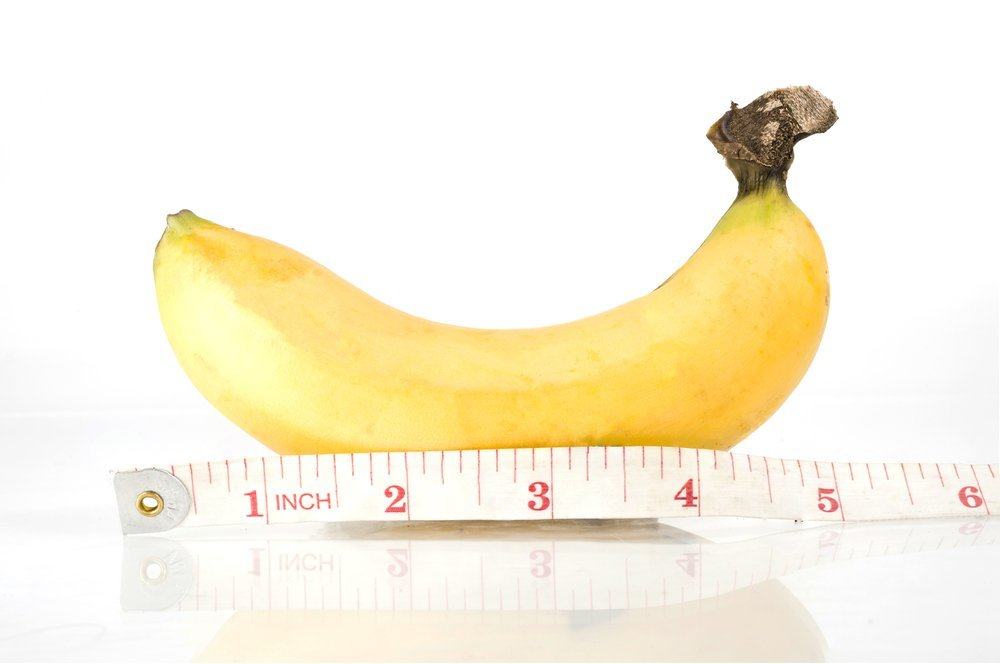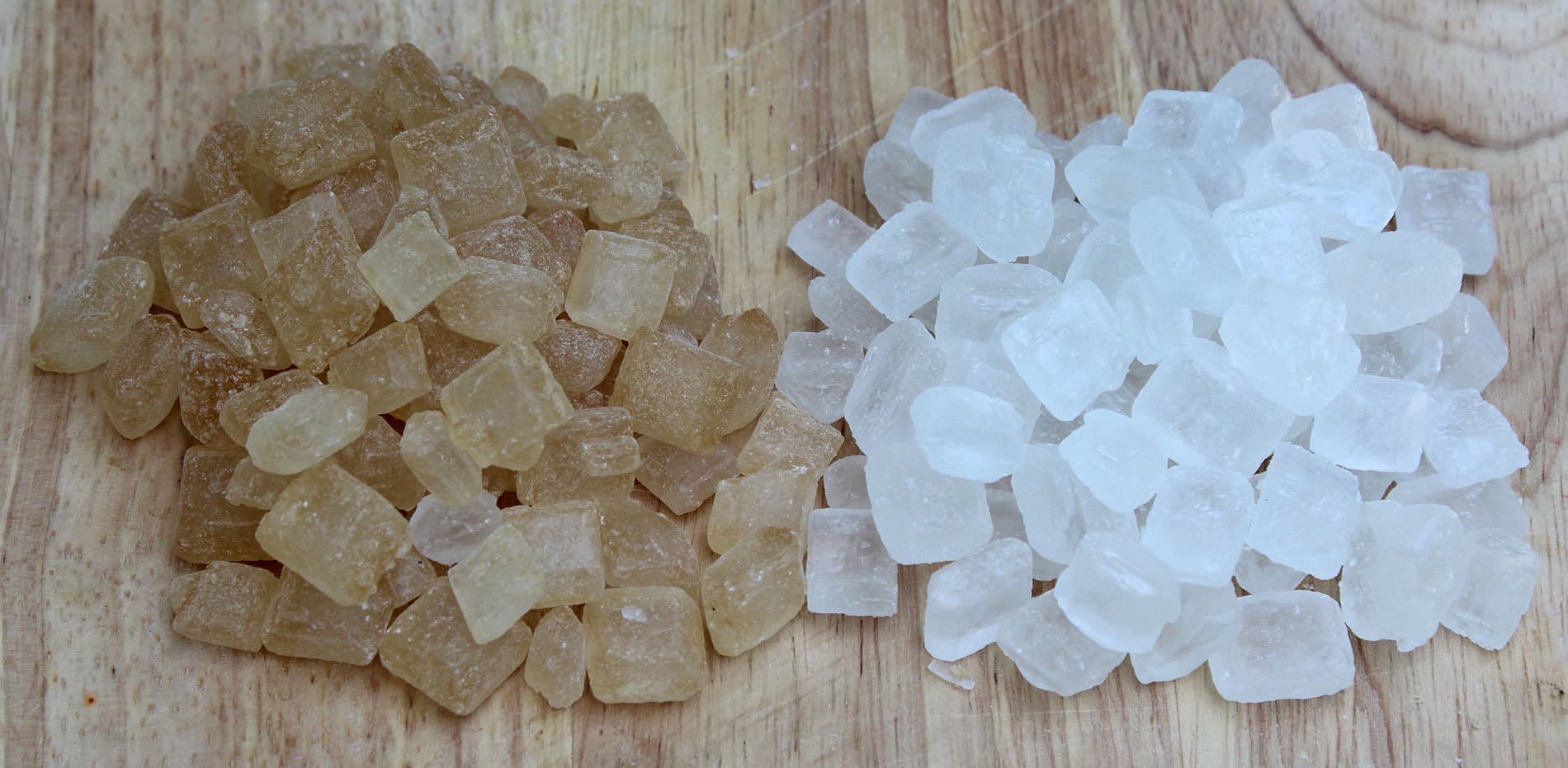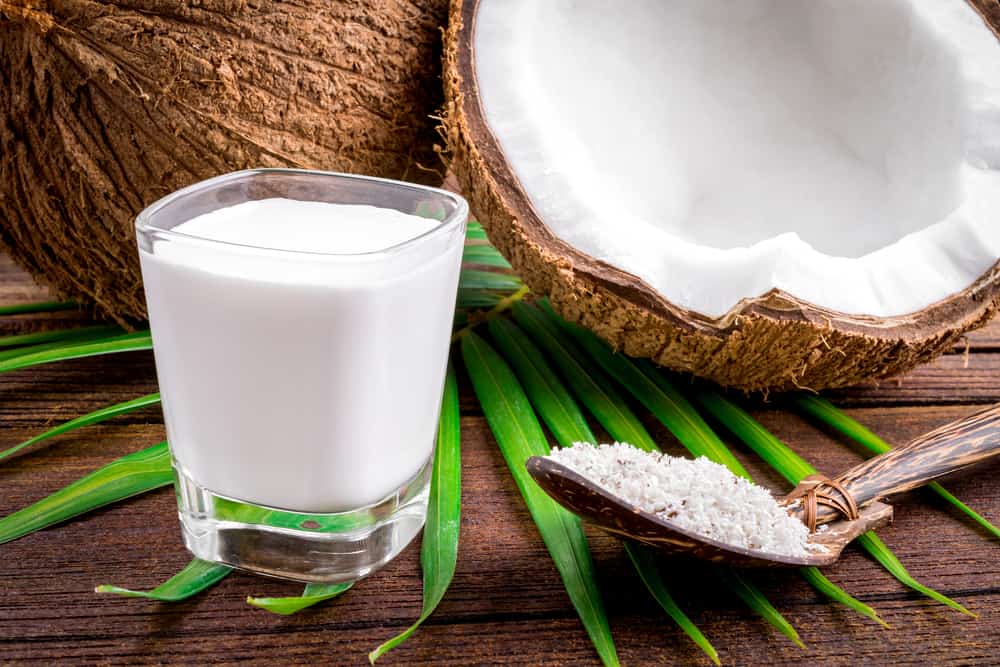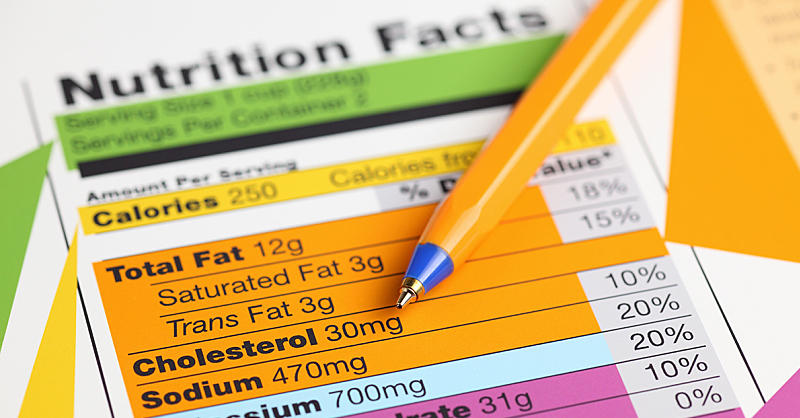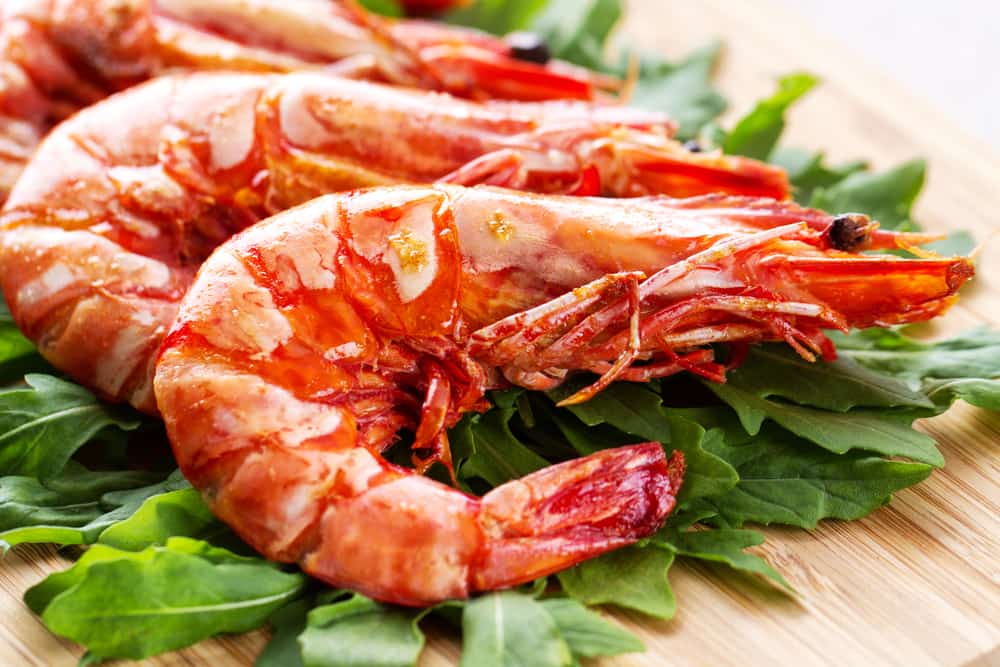Contents:
- Medical Video: Can an alkaline diet cure cancer?
- What is an alkaline diet?
- What are the benefits of an alkaline diet?
- Guides undergo an alkaline diet
- Are there risks from an alkaline diet?
Medical Video: Can an alkaline diet cure cancer?
It doesn't hurt to start dieting for the sake of having an ideal body weight. Maybe now you are thinking of taking part in an alkaline diet, which has recently been discussed by the public. He said, this diet holds many benefits for body health. But it's a good idea to first read the complete information about the alkaline diet in this article - starting from the guide to the consideration of benefits and risks. Can everyone join this diet?
What is an alkaline diet?
An alkaline diet is a diet that is done by eating foods that are alkaline. Examples of basic foods are watermelon, cantaloupe, mangoes, pears, passion fruit, apples, grapes, avocados, bananas, dates, spinach, broccoli, garlic, ginger, tomatoes, beans, cabbage, celery, cucumber, to lemon. Besides being alkaline, these foods are also enriched by vitamins, minerals, fiber and antioxidants.
What are the benefits of an alkaline diet?
The human body is generally alkaline because it has a pH between 7.35 to 7.45. However, health problems, such as diarrhea, kidney disorders, and other disorders, can change the body's pH to acid. Unbalanced pH levels can have a negative impact on health, one of which is an increased risk of heart disease and various diseases of the bones.
An alkaline diet aims to restore the body's pH balance. Balanced pH levels play an important role in increasing growth hormone production. In menopausal women, increased growth hormone can help maintain heart function and increase the brain's cognitive ability to think and remember. Besides being good for neutralizing body pH, foods are alkaline both for preventing hypertension and risk of stroke.
In addition, body pH levels that return to alkaline can better absorb vitamin D and magnesium. Optimal intake of vitamin D can help reduce pain in the spine.
Especially for people who are undergoing chemotherapy, an alkaline diet can help the body more effectively absorb drugs. Because, the effectiveness of some chemo drugs such as epirubicin and Adriamycin will be more effective in working in an alkaline pH environment. In addition, the effects of chemotherapy can also cause cell death. The risk of these side effects can increase if the pH of the body is acidic. Therefore, an alkaline diet can help prevent or reduce the risk.
This alkaline diet is also considered effective as a detox for removing all kinds of foreign substances that are toxic to the body. That way, the body will feel healthier and fitter.
Guides undergo an alkaline diet
Actually there is no step-by-step guide to undergoing this diet. All you need to do is just multiply eating foods that are alkaline in a ratio of 4: 1 with other foods. You can use brown rice to replace white rice for every big meal.
Twenty minutes before lunch and dinner as usual, you can eat fresh fruits, like bananas and apples. However, avoid acidic foods while on an alkaline diet. Examples of acidic foods are cheese, chicken, canned meat, milk, alcoholic beverages, and soft drinks. On average this food contains pH 2-3 which can further disrupt the body's pH balance.
Are there risks from an alkaline diet?
Despite having a myriad of health benefits, an alkaline diet does not take into account the intake of protein which is mostly contained in alkaline foods (meat, milk, and milk derivative products).
In fact, the body still needs protein intake to function normally. Protein deficiency in the long run can actually be detrimental to the health of the body. To work around this, you can choose other sources of animal protein, such as fish or skinless chicken meat combined with various vegetables when it's time to eat. As much as possible to eat meat only 2-3 times in 1 week.

